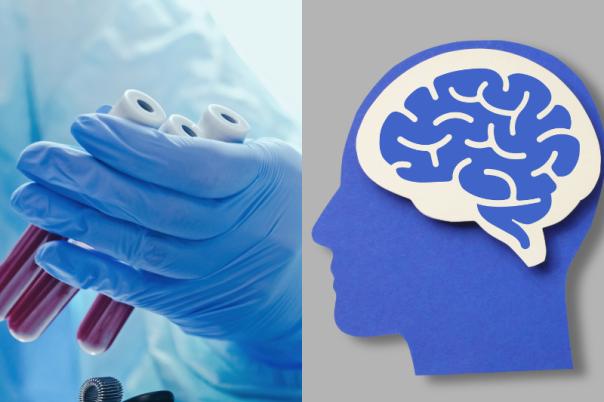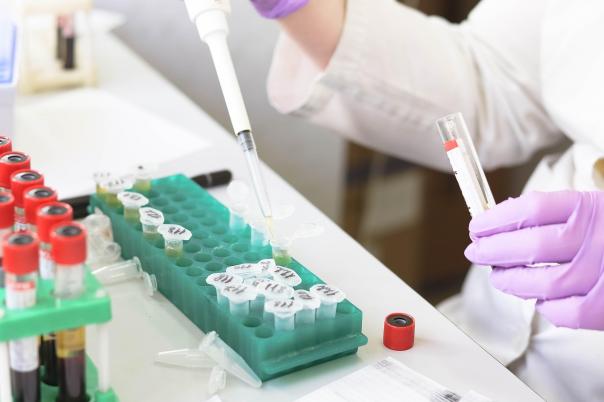Rare diseases are highly complex and sometimes overlooked but they present massive opportunities. Thomas Hach, Senior Clinical Development Medical Director at Novartis, argued that one biomarker is not enough in multi-omics and combination therapy is the standard for disease treatment. Genetics alone are usually insufficient for treatment; many biomarkers are necessary for diagnosis and treatment.
When developing rare disease treatments, Hach advocated for outside-the-box thinking. Bringing together different skill sets and expertise is where the challenge lies. For example, a computer scientist and ophthalmologist may offer distinct interpretations of AI analysis of retina images. However, if they can communicate efficiently to find a solution to a shared problem - this is the goal. Hach stated that combining content and processes and connecting people is critical for advancing rare disease research. To drive this message home, Hach shared a personal story about a rare bacterial infection he suffered from and the criticality of accurate diagnoses and listening to varying opinions.
Hach stressed the need for a pragmatic mindset during clinical trials, especially in the case of rare diseases; instead of seeking perfection, one should find a good enough solution and refine it as the process progresses.
Heart failure and multiple sclerosis (MS) demonstrated the complicated nature of biomarkers and the need for different perspectives. Hach highlighted the neurofilament light chain (NLC) as an excellent example of the progression of an idea to a validated clinical biomarker.
Only 5% of rare diseases have true treatments. The large number and variability of rare diseases make it difficult to find solutions in precision medicine. This raises the question of whether it's financially viable for a company to conduct the trial and get the money back.
To encourage progress in the multi-omics biomarker space, Hach suggested that a somewhat philosophical outlook can help. Collaboration, outside-the-box thinking, and pragmatic attitudes can all contribute to furthering rare disease research.





